Outrage follows death of Daunte Wright
Students face familiar feelings towards police brutality
A mural at George Floyd Square March 15. Almost a year after the death of George Floyd, Daunte Wright was killed by police in Brooklyn Center sparking protests.
April 12, 2021
10 months after the death of George Floyd, an all too familiar feeling of disappointment and anger flushed over junior Marcus Hosfield after hearing another Black man had been killed by police.
“I felt frustrated and very disappointed because of all the work and protests we did after the George Floyd incident,” Hosfield said. “It was just frustrating because everything just happened again and another Black person was killed. So we just felt like what we did wasn’t enough to make a change.”
Once again, sophomore Amanuel Shetaye was devastated by the news of another Black man’s death at the hands of police. This time, 20-year-old Daunte Wright was shot by police in Brooklyn Park after being stopped for a traffic violation, according to The New York Times.
“I’m just wondering how many more times it will happen, or (if) anything actually does change, because it’s starting to become almost a normal occurrence, and that’s the scariest part,” Shetaye said.
The feeling of sadness and anger that junior Semona Robel felt after hearing of another victim to police brutality is becoming all too common for her.
“Whenever I see another Black woman (or man) killed by the police, it’s usually shock and then it’s just a lot of anger. Because I know that more often than not, police don’t really act out of retaliation (instead) the police just killed them because they felt threatened,” Robel said.
After everything that has happened in the last year, Hosfield said he hopes real and effective change can be made.
“I hope that all communities, everyone can come together to protest and make our voices heard, so we can make a change, and hopefully nothing like this will happen again,” Hosfield said.
As classes have taken the time to discuss the Derek Chuavin trial in class, Robel said some students are hesitant. She said if she could talk to those she disagreed with, she would ask them to look from her perspective.
“I would tell them to walk in my shoes, and to picture what it’s like to exist as a Black woman when all this is happening,” Robel said. “I would ask them the question ‘why is your first instinct to criticize the victim rather than the person that is actually carrying out the crime? Why is your first instinct to sort of downplay the events that you know Black men face?’”
As a student, Shetaye said he feels helpless, as he feels the only way he can contribute towards the Black Lives Matter Movement is through posting on social media.
“It’s frustrating where it feels like none of us can do anything about it, other than post on your story and it just feels like that doesn’t do anything anymore,” Shetaye said. “So just frustrating that (there) is nothing you can really do.”




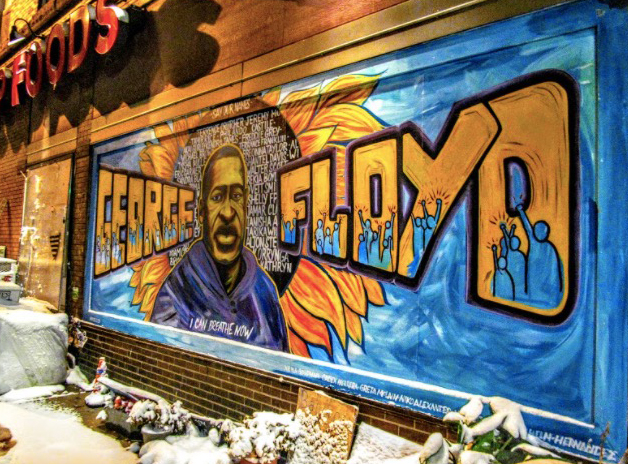
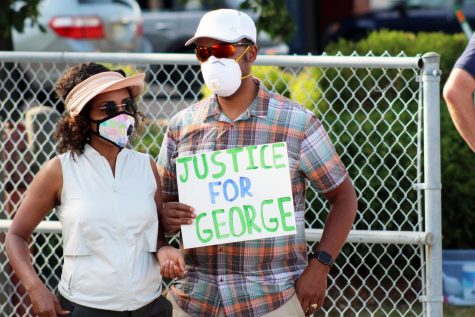
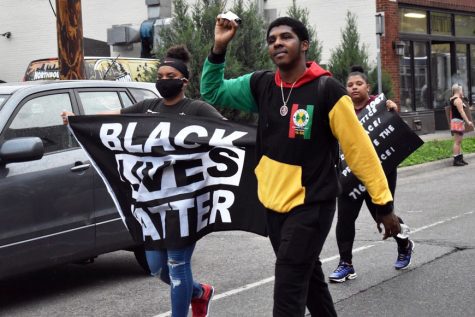
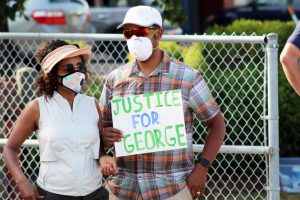
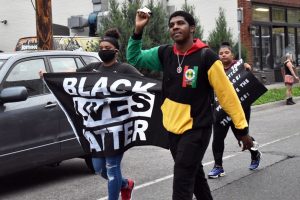


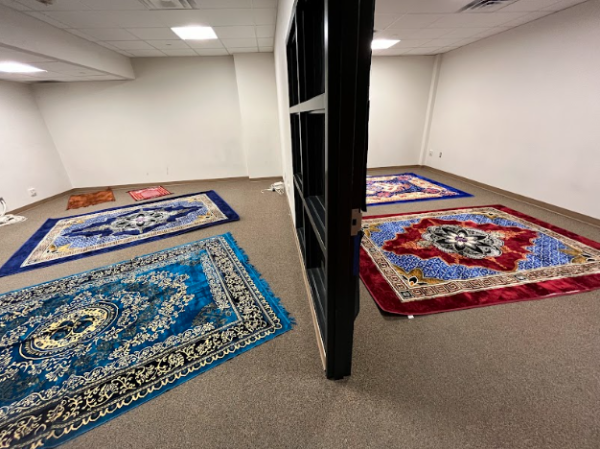

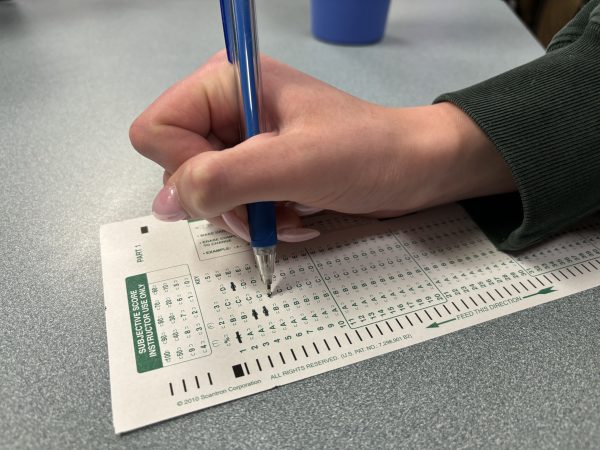
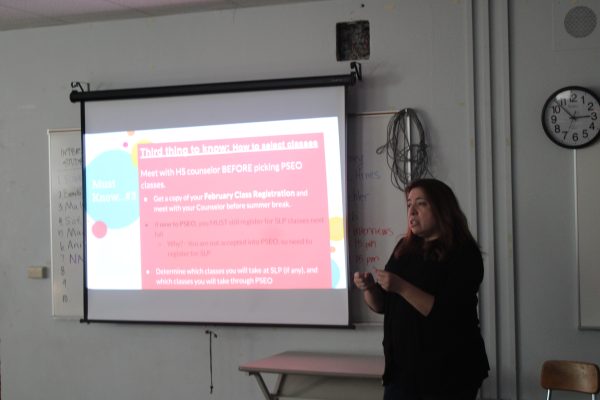
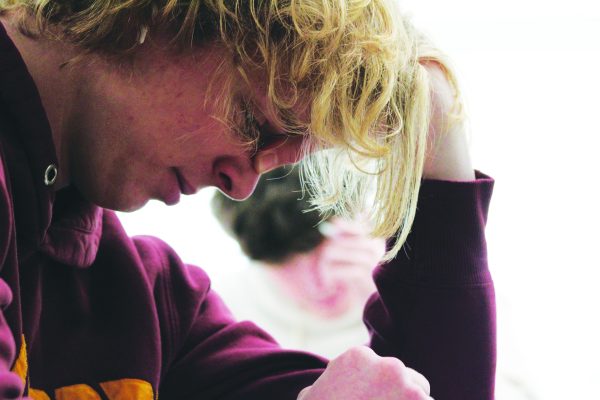
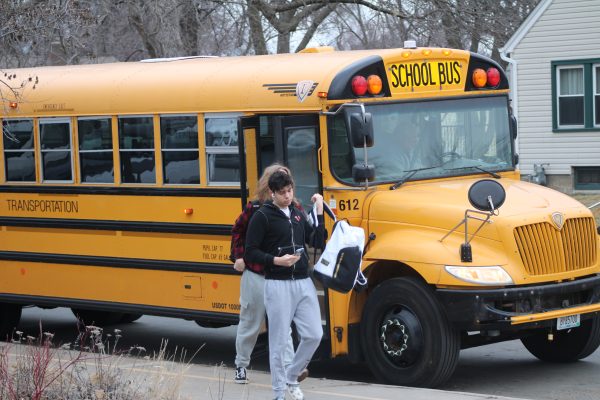
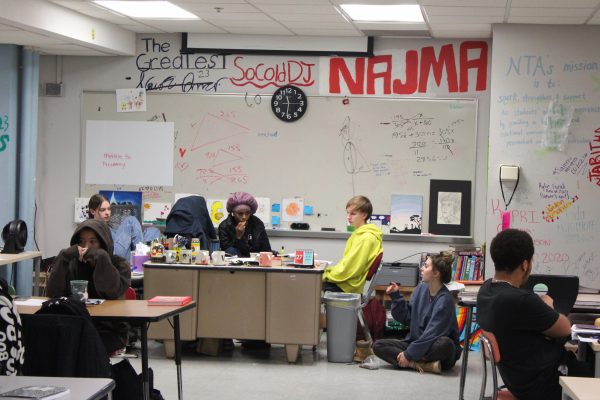
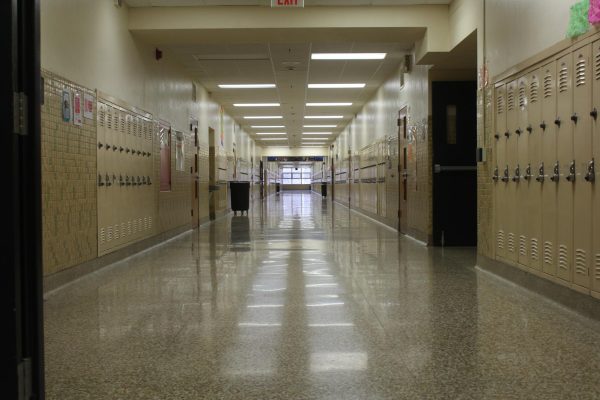
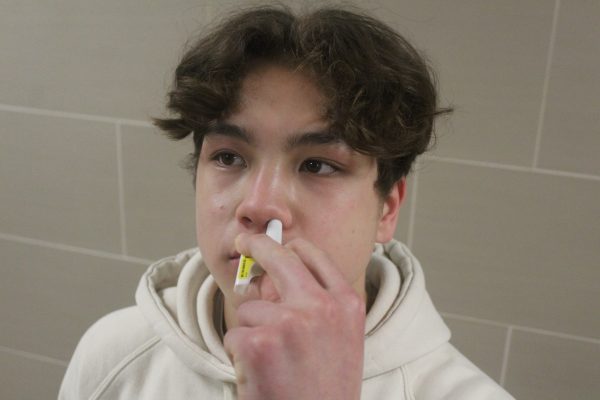
Mona Regan • Apr 14, 2021 at 10:43 pm
Stop tokenizing POC and making them feel uncomfortable with your interviews and bringing up racial trauma. Stop going to the same students of color every time and only asking them questions about racial problems. The ignorance and tokenism really shows in the Slp Echo.